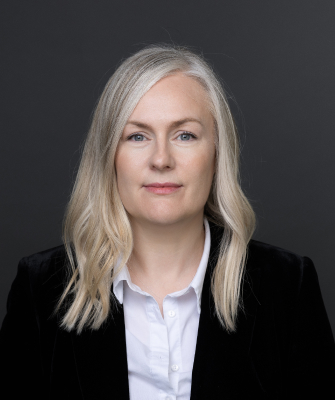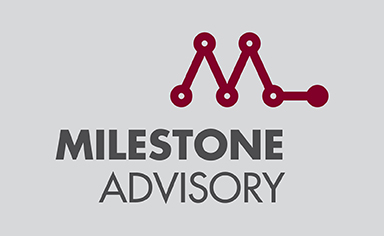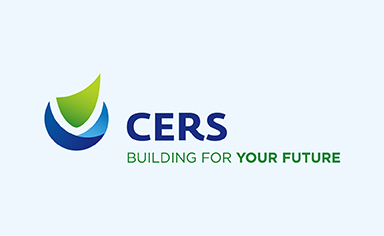We mean two things when we talk about planning for retirement. The first plan is to set up a pension scheme, either a personal pension or participation in your employer sponsored occupational pension scheme. Then you will need to regularly contribute, throughout your working life with the aim of accumulating a pot of money, which you can then use to replace your salary when you retire.
The second is to actually plan for your retirement, by preparing yourself, both financially and psychologically for this new chapter in your life. In this piece, we will touch on some of the main points that should be on your retirement planning checklist;
Do you know your budget? It’s a simple enough question, but in my experience, a difficult one for people to answer. What is your income versus your outgoings?
What will the gap be when you retire? If you can’t answer the second part of this question easily, it should be the first part of your new plan.
Are you saving enough? At this later stage in your career, you may be in a position to increase the contributions you are making to your pension fund. You may have less financial outgoings than in earlier life stages. Whether retirement is 10, 7 or 5 years off, it would be beneficial to establish exactly how much is in your pension fund, and what it should provide you with in retirement. Your pension provider will be able to prepare an illustration showing what you are currently on target for, and if necessary, how additional contributions will enhance the picture. Many pension providers also offer online tools that you can use to establish this for yourself.
Is your investment choice appropriate? Unless you are taking regular financial advice, you may be invested in the same fund you started with all those years ago when you started your pension. You should now establish what this fund is, and is it suited to your current and future goals. Your pension scheme may offer a lifestyle investment strategy as the default investment fund. A standard lifestyle strategy will automatically and gradually reduce the investment risk in your fund in the run up to retirement. Traditionally, these funds are suitable for those who plan to purchase a pension or annuity at retirement, as they match assets suited to this choice. They are likely to have a high weighting in bonds and cash in the final few years. However, for those thinking about the Approved Retirement Fund (ARF) option, this might not be suitable. Some pension schemes and providers now offer an ARF lifestyle strategy. If this is an option you are considering, you should ensure your investment choice matches your goals.
Pension or ARF? While it seems like a decision you can leave until your retirement date, from both a financial and investment perspective, it is definitely something you should consider in advance. Pension, or annuity, is where you take your pension fund at retirement and convert it to a fixed income paid to you for the rest of your life. There are a number of variations within this option that you can choose; do you need a spouse’s pension to start on your death? Do you want to inflation proof your pension? These options come at a cost, and you should consider that in advance before making a decision. The pension/annuity option provides peace of mind and security, but its value is based on prevailing market rates at the time of your retirement, and subsequent market improvements cannot be taken advantage of.
Meanwhile, your other choice is the ARF option, in which your money remains invested after you retire. From this, you make regular withdrawals to fund your income in retirement. The obvious advantage of this is that you keep control of your money throughout your retirement, and, with current life expectancies being well over 20 years from normal retirement age you can participate in future market growth. However, your money is not guaranteed and you will need to take ongoing financial advice. Gaining an understanding of how both of these options work in advance of your retirement date will enable you to make the most suitable decision for you, without any pressure.
The above outlines ways of engaging with the financial side of your retirement. However, this is not just a time of financial change; it is also a time of emotional and psychological changes. Many challenges lie ahead, and it is important to address these, so that you can prepare yourself for the next phase of your life.
 Susan O’Mara, Financial Services Consultant with Milestone Advisory
Susan O’Mara, Financial Services Consultant with Milestone Advisory
For further information please contact Susan O’Mara at: susan@milestoneadvisory.ie or phone: 01-4068020
Milestone Advisory DAC t/a Milestone Advisory is regulated by the Central Bank of Ireland






